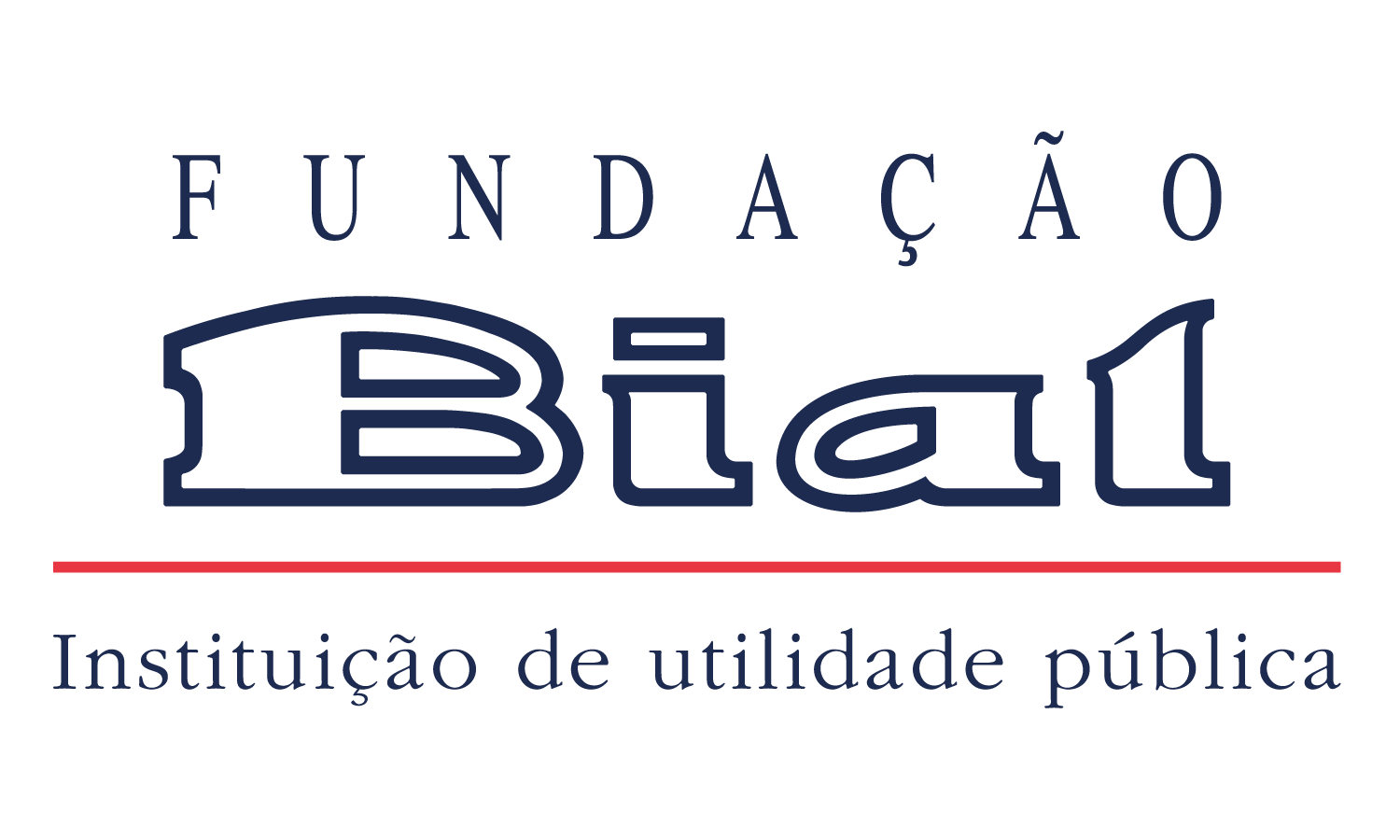João Marques-Teixeira, apoiado pela Fundação BIAL no âmbito do projeto 249/16 – Healthy aging and economic decision-making: Neuropsychophysiological examination of the affect-integration-motivation framework of decision-making in aging brain, demonstrou, através de EEG, que com o envelhecimento, parece haver uma alteração nos processos afetivos e uma perservação dos processos de integração e de motivação. Assim, os indivíduos mantêm preservado o processamento dos ganhos, mas o processamento das perdas parece ser afetado por estas alterações decorrentes do envelhecimento. O artigo que detalha estes resultados “Neurophysiological examination of the affect-integration-motivation framework of decision-making in the aging brain: A registered report” foi publicado na revista científica NeuroImage.
Abstract
“The Affect–Integration–Motivation (AIM) framework was proposed to clarify how brain circuits that support decision-making are altered by aging (Samanez-Larkin & Knutson, 2015). According to this framework, choices are preceded by affective, integrative, and motivational processes, which may all be affected by aging. The Monetary Incentive Delay (MID) task allows tapping into several mechanisms proposed by the AIM framework, and the present registered report aimed to explore the temporal resolution of the EEG to find the neural correlates of age differences in such mechanisms, including gain/loss anticipation, value integration, motivational processes underlying motor choice, as well as processing of positive/negative rewards. The electrophysiological data were recorded from 77 participants (20–80 years old), and we analyzed the Cue-P3, Contingent Negative Variation, target-P3, Feedback-related Negativity, and the Feedback-P3. The results support the AIM framework, suggesting that aging altered affective processes (as shown by a significant reduced cue-P3 in the older group), while preserved integration and motivation processes. However, despite a general lack of significant group by domain interactions across the ERPs analyzed, the results of the planned comparisons are suggestive of a preserved processing of gains and affected processing of losses during aging. This conclusion requires further replication with larger samples, but our study shows that future research may profit from decomposing decision processes to understand how biological aging affects decision making.”

































































































